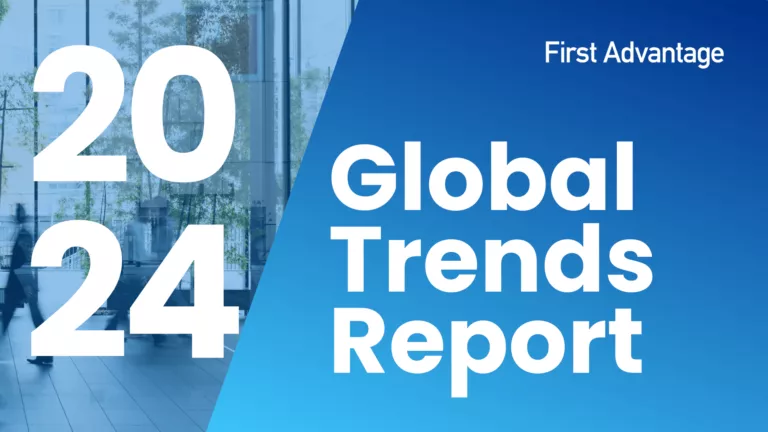The Federal Railroad Administration (“FRA”) has expanded the scope of 49 CFR Part 219 drug and alcohol testing requirement to all employees of railroad carriers who perform mechanical activities (“Mechanical Employee/s”) via Final Rule Published in the Federal Register on February 2, 2022 at Vol. 87, No. 22. The Rule is effective March 4, 2022.
This final rule amends part 219 by defining a Mechanical Employee as any employee who, on behalf of a railroad, performs mechanical tests or inspections required by the following FRA regulations: Railroad Freight Car Safety Standards (49 CFR part 215), Rear End Marking Device—Passenger, Commuter and Freight Trains (49 CFR part 221), Railroad Locomotive Safety Standards (49 CFR part 229), Steam Locomotive Inspection and Maintenance Standards (49 CFR part 230), Brake System Safety Standards for Freight and Other Non-Passenger Trains and Equipment; End-of-Train Devices (49 CFR part 232), and Passenger Equipment Safety Standards (49 CFR part 238). In addition, the definition also includes any such employee who performs mechanical tests or inspections required by the Texas Central Railroad High-Speed Rail Safety Standards (49 CFR part 299). FRA defines rolling equipment to mean locomotives, railroad cars, and one or more locomotives coupled to one or more railroad cars.
By amending the term “regulated employee” to include mechanical employees, FRA is making them subject to all part 219 prohibitions and testing (pre-employment, random, post-accident toxicological (PAT), reasonable suspicion, return-to-duty, and follow-up).
Just as with the addition of the FRA Maintenance of Way (MOW) Roadway workers to 49 CFR Part 219 in June of 2017, the FRA railroad or contractor employer who employs mechanical employees will be:
- subject to an annual random testing rate of 50% for drug and 25% for alcohol just for the mechanical employees, and
- required to submit or amend their FRA Drug and Alcohol Plan to: FRA-DrugAlcoholProgram.email@dot.gov within 60 days of March 4, 2022. *
In addition, FRA will create an independent Management Information System (MIS) database of industry-wide MECH employee positive and violation rates to set future minimum annual random testing rates, and will maintain its initial random testing rates for MECH employees until it has received two complete years of MIS data for this new category. An employer who is required to submit an annual MIS report may place its MECH employees in a commingled pool so long as the employer reports its results under the correct safety-sensitive category.
For the complete Federal Regulation Notice click on the following link: https://www.federalregister.gov/documents/2022/02/02/2022-01985/control-of-alcohol-and-drug-use-coverage-of-mechanical-employees-and-miscellaneous-amendments
- It appears that the FRA employer with MECH employees must have FRA approval of its random testing plan or amended plan (e.g. adding MECH employees) before it implements random testing required by 219.
- 219.605 (a)(1) A railroad may not implement a Federal random testing plan or any substantive amendment to that plan before FRA approval.
The Preamble language from the Rulemaking supports this conclusion.
Preamble language: E. Effective Date of Final Rule and Timetable for Submitting Random Testing Plans for MECH Employees
AAR/ASLRRA requested a 90-day implementation period, should FRA require railroads to submit revised or new random testing plans 30 days before the rule’s effective date. FRA is meeting this requested timetable by making the rule effective 30 days after its publication, and then requiring random testing plan submissions to be submitted to FRA within 60 days after the rule becomes effective, instead of 30 days before, as proposed. Railroads may also submit random testing plans to FRA as soon as the rule becomes effective.

 京公网安备 11010502052956号
京公网安备 11010502052956号

